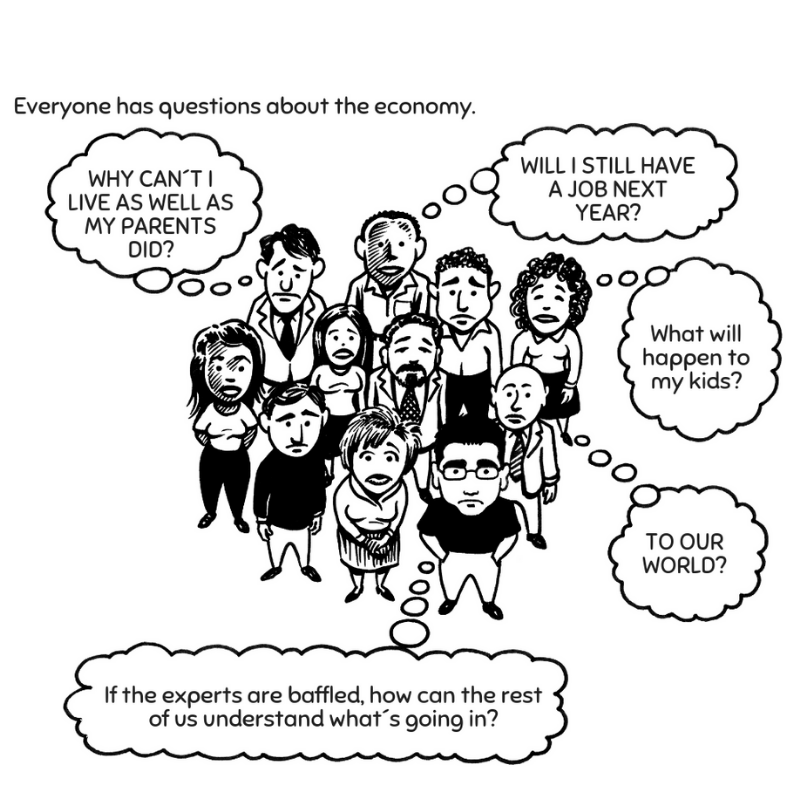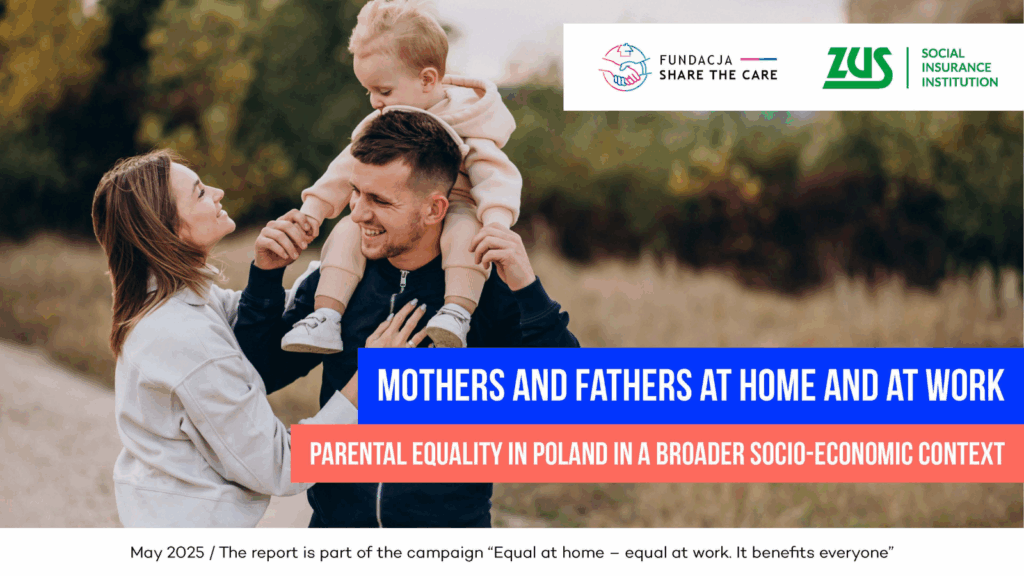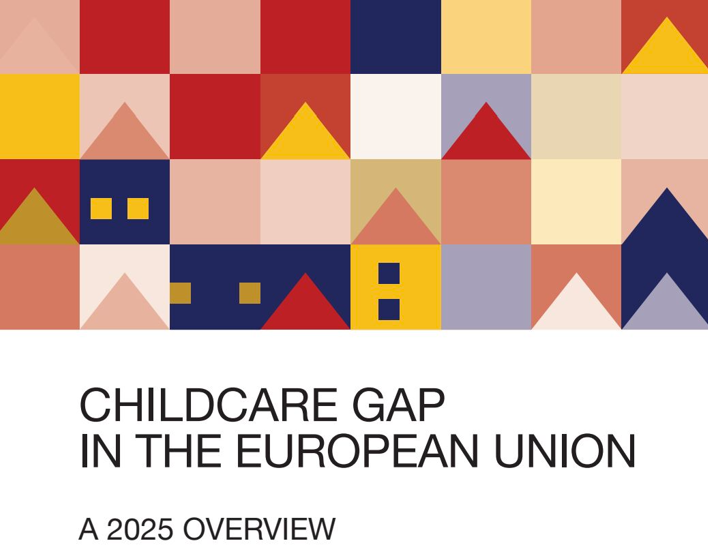“Economics is too important to be left to economists.” This statement encapsulates the rationale behind our seminar. Indeed, it would seem that economic considerations and arguments carry more weight than any other when it comes to move the dial in any policy discussion. While everyone nods and pats each other on the back on the mention of the respect of international human rights treaties, the implementation of the European Pillar of Social Rights, the transformative 2030 Sustainable Development Goals, and other laudable principles, there always comes a time when someone says “fine, but who will pay for it?”, signaling the end of the party, the cold shower bringing idealists back to “reality” and number crunching. If 1+1 doesn’t add up to 2, then we cannot have citizens “living in dignity”.
While civil society organisations thrive when it comes to defending high moral and ethical principles and defending the general interest, discussing economics directly takes the wind out of their sails. The following conference aims at learning to sail against the wind, navigating in the murky and obscure economics waters in order to increase the odds of translating ideals into practice and make a difference in the lives of European citizens.
Our Expert Seminar “Economics at the service of society” was broken down into three parts:
- The first part will look at the state of play of the economic and financial system. Where are we now? How did we get here? What are the problems we are struggling with? Where are we heading? What are the implications for civil society and social policies?
- The second part will examine concrete measures at the local/micro-economic level and how these measures impact people directly, bridging macro-economic policy orientations with social policy measures on the ground.
- The third part will explore innovative and ground breaking solutions that could revolutionise our current economic systems for better or for worse. While most of our effort is always to look at how we can “tweak” the current system to work better and in the interest of citizens, we should not shy away from looking at alternatives and new ways of thinking.
There was a mix of speakers from :
-the international level (OECD)
-the European level (European Commission, European Parliament, European civil society)
-the national level (family organisations, economists, government representatives, finance institutions)
-the local level (local civil society and local authorities providing services directly).
During the evening of 22nd November, we had a debate with Mike Goodwin and Dan E. Burr, authors of “ECONOMIX: How our economy works (and doesn’t work) in words and pictures.” Spread the word through Facebook !
See full programme, speaker biographies and photos for more information.
Speaker presentations:
Session 1 keynotes: Martin Schmalzried, Benoît Lallemand
Case study session 1 childcare: Servane Martin, Andrej Del Fabro, Ramon Palomino
Case study session 2 community-based services: Rait Kuuse, Tiago Oliveira, Magdi Birtha
Case study session 3 access to financial services: Daniel Alvarez,Peter Jayaswal,Annika Cayrol
Session 2 keynotes: StanislasJourdan, Martin Schmalzried





